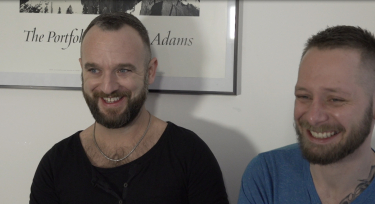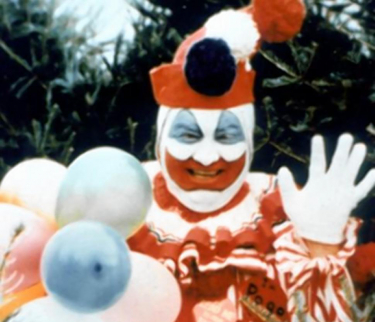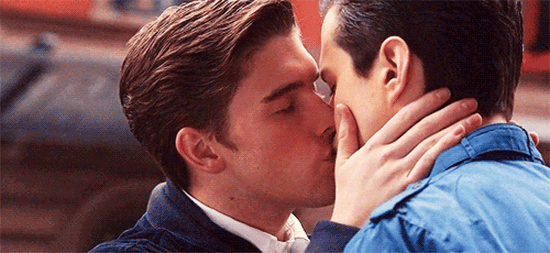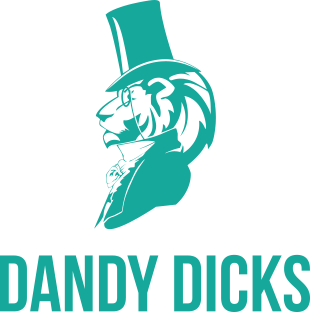Feb 17, 2016
Dandy of the Week: Langston Hughes


Each week, Dandy Dicks will highlight a key figure in gay culture, be it past or present. These men are what we consider true Dandies, advancing the ideals of gay men everywhere and doing it with lasting influence and style. This week’s installment is on Langston Hughes, the renowned American poet who broke barriers as a queer, African-American artist in 1920s New York.
All eyes of the film world are on Berlin this week with the 66th Berlinale, one of the most prestigious film festivals on the planet. Aside from the usual mix of blockbuster fare, arthouse indies and the latest from Hollywood’s favorite auteurs, this year’s festival will revisit a particularly special film from 1989. Looking for Langston explores the complex legacy of American poet Langston Hughes, a writer who came to encapsulate the artistic movement known as the Harlem Renaissance. And while a poet whose work was created nearly a century ago may seem irrelevant to some, Hughes’ life and output are perhaps more piercing and affective now than ever before.
Though he achieved great success in his lifetime, Hughes’ life was one defined by loneliness. During his childhood, his father abandoned his family for a better life in Mexico,, and he spent the majority of his adolescence under the care of his grandmother, shifting between a variety of towns in the Midwest. “I was very unhappy for a long time, and very lonesome, living with my grandmother,” he later wrote in his autobiography The Big Sea.
Yet out of this unhappiness grew his talent for words. He was elected class poet in his high school, where he happened to be one of only two African-American students in his class. Seeking an environment to foster his literary skills, and an environment less outright racist, he moved to New York to attend Columbia University at the tender age of 19. It was here that Hughes fell in with the scene in the cultural Mecca of Harlem: a free-thinking community of artists, writers, and musicians that was revolutionizing African-American culture, and subsequently American culture in general.
After a brief stint in the navy and a year or two soaking in Paris and London, he returned to Harlem and hit the ground running. His first volume of poetry, The Weary Blues, hit shelves in 1926, followed by a slew of further poetry collections, manifestos, short stories, novels, plays and even an opera. He addressed many things, but all of his work was united in the celebration of African-American culture. He became massively influential and successful, becoming one of the first African-Americans to transcend the overtly white canon of American literature.
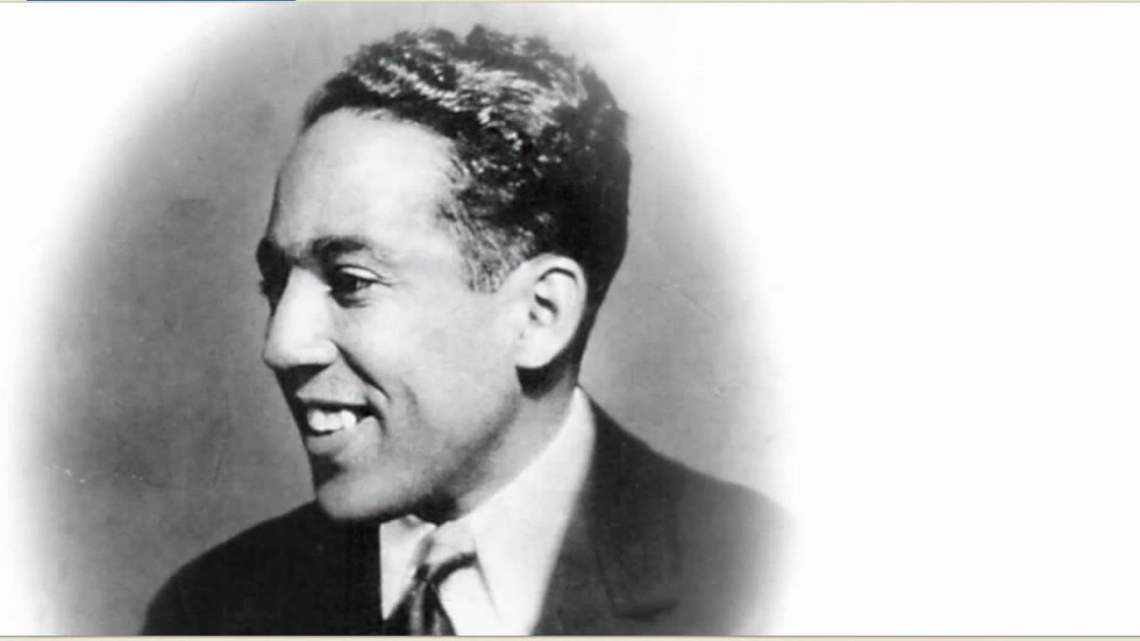
But there remains a great tragic flaw in Hughes’ legacy, one that is heartbreakingly reimagined in Looking for Langston. Though his estate will hotly contest it, it becomes increasingly clear with each passing year that Hughes was a closeted homosexual. His forgiving tone, even admiration, for the queer community is clearly felt in many of his poems; take for instance the following lines from “Café: 3am”:
Detectives from the vice squad
with weary sadistic eyes
spotting fairies.
Degenerates,
some folks say.But God, Nature,
or somebody
made them that way.Police lady or Lesbian
over there?
Where?
But perhaps the most revealing evidence of Hughes’ nature comes in a short story titled “Blessed Assurance”. According to Hughes scholars, this piece is slyly autobiographical, addressing the complex relationship Hughes had with his estranged father. The passage below is a key into his familial strife:
Unfortunately (and to John’s distrust of God) it seems his son was turning out to be a queer. He was a brilliant queer, on the Honor Roll in high school, and likely to be graduated in the spring at the head of the class. But the boy was colored. Since colored parents always like to put their best foot forward, John was more disturbed about his son’s transition than if they had been white. Negroes have enough crosses to bear.
Herein lies the complications Hughes faced in addressing his sexuality publicly. In an era when African-Americans were openly and legally discriminated, segregated and brutalized, to be both African-American and queer would take away from his initial struggle of race. As Hughes wrote himself, “Negroes have enough crosses to bear.”
Hughes died alone from complications from cancer, and his ashes remain interred in Harlem. His story is representative of untold numbers of queers before him, of those who led their entire lives keeping their desires hidden or unfulfilled. Yet despite the obstacles, the fact that Hughes and his legacy live on can only be considered a triumph.
by Jake Indiana
